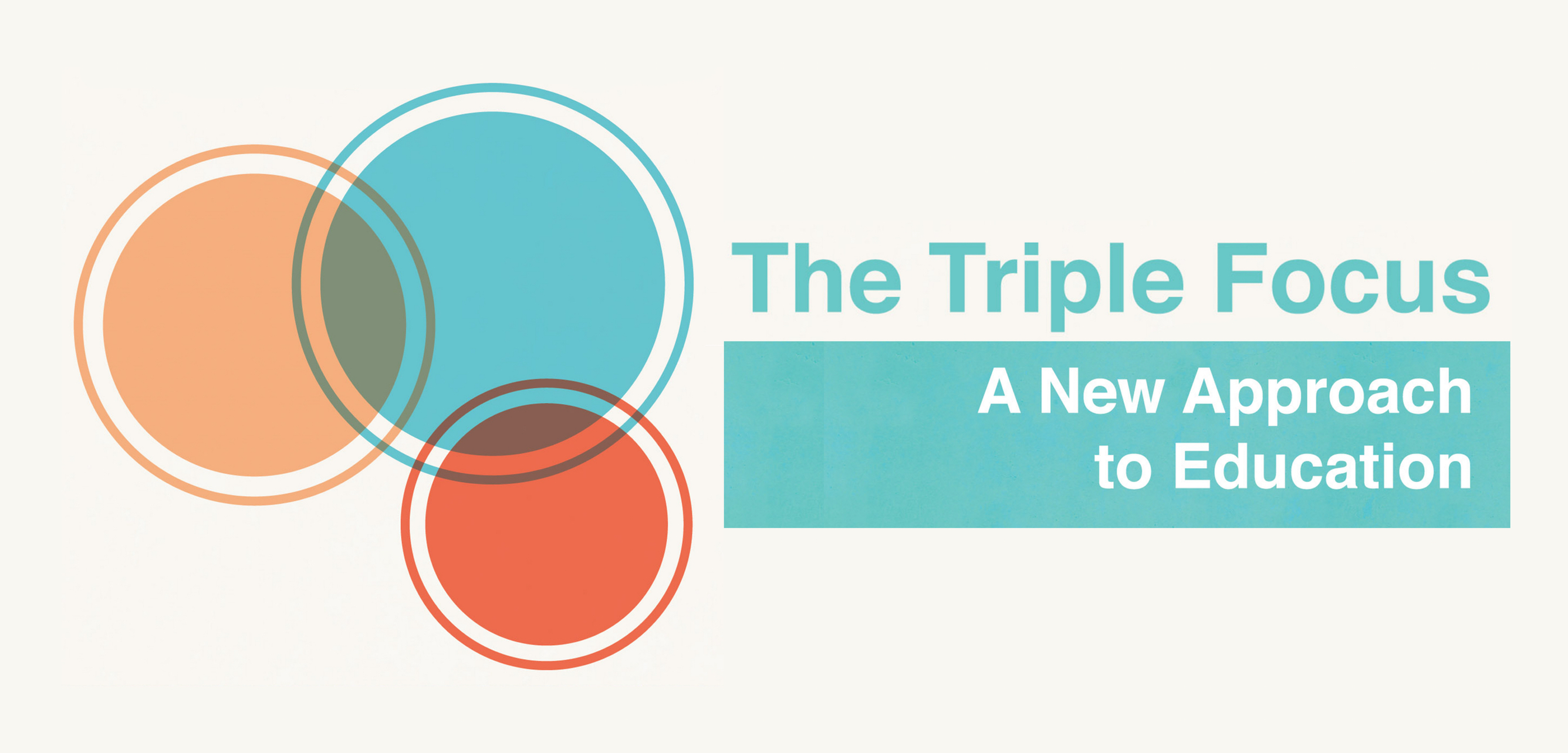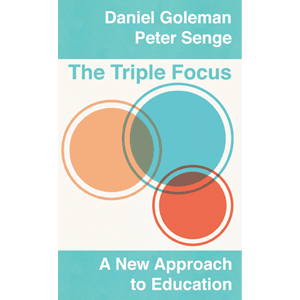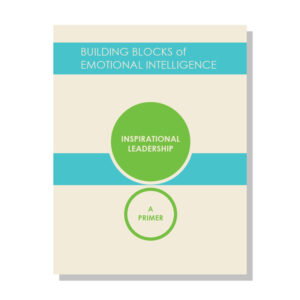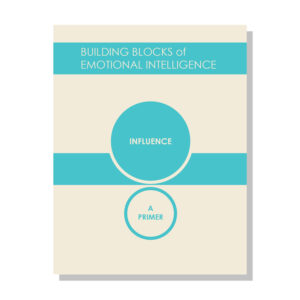Avoiding Stress Doesn’t Help You Manage Stress
Another study at the University of Gothenburg found that those who constantly use a computer or their mobile phone can develop stress, sleeping disorders and depression. The results also showed a correlation between stress and always being available on the phone.
Take a Tech Break
There’s a recent study that was published by colleagues of mine at Harvard that involved a technique we call “experience sampling“, where people are actually using smart phones, the very technology that we’re discussing. They’re randomly beeped at during different time in their daily life, and they’re simply asked what they’re doing right now, and whether their mind is focused on what they’re doing.
It turns out that in a very large sample of adult Americans, 47% of the time people were mind wandering. That is, during waking periods, 47% of the time, people were not actually attending to what they were supposed to be attending to. It’s quite remarkable. This is really one of several indicators that our culture is suffering from attention deficit disorder.
A number of scientists have now marshaled very compelling evidence to indicate that we can learn to focus our attention better. We can be more skillful at not being hijacked by distractions. We may notice them, but there’s a big difference between noticing that something may be occurring, being aware of it, and being hijacked by it, being pulled away from one’s central focus.
There is now quite a bit of evidence to indicate that the circuits in the brain that play a role in regulating our attention, and very rigorous behavioral measures of attention, change in response to mindfulness meditation practice. One of the central indices of that change is our capacity to not be hijacked by distracting events in our environment, particularly distracting emotional signals, which often pull us away from our task at hand.
Attention Regulates Emotion
When you’re upset, you often have no idea how to extricate yourself from that mindset. You feel trapped because it’s difficult to use emotion to change emotion.
The more we strengthen our circuitry for concentration, the easier it becomes to let go of distressing emotions. Strengthening attention helps you let go of stressful circumstances because the brain economizes our circuits. Being compelled to pay attention to your emotions is the opposite of being able to choose where you put your attention. If you’re counting your breath, you choose to focus on the breath and let go of all other distraction. The circuits that strengthen attention also allow you to let go of the hijack.
Alternatives to Tech Distractions
Here are some easy-to-follow guided exercises to use when you’re feeling stressed. Try practicing them instead of surfing the web and staring at TV to decompress.
Other resources to manage stress:
Ways to Incorporate Mindfulness into Your Day










